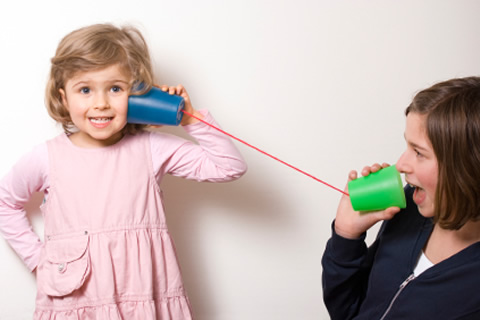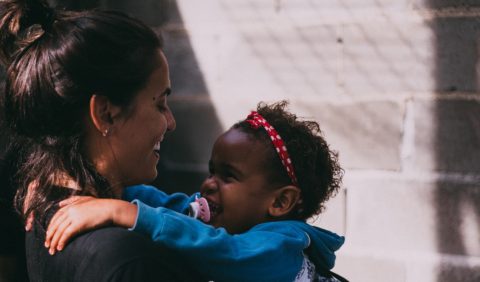
It is a common misconception that once a child starts talking that they will speak clearly or legible all the time.
In actual fact a child only need to be accurate in their speech 85-90% of the time in order to be classified as understandable.
But, then that raises the question on just what should a child say correctly or what is something to be more mindful of in terms of their articulation.
We provide some of the more typical examples of what a child is saying correctly, and incorrectly, to give you an idea if they are ‘saying it right’ for their age.
Bear in mind that it is generally acknowledged that the statistic of a child being accurate in their speech 85-90% of the time is adjustable in terms of it depends on when the child started talking.
A baby will babble and a child commonly starts talking between ages 1- 2 years. If a child is slower to start to talk then you need to alter the clarity and fluency in speech based on their age they started.
It is recommended that if a child has not made any attempt or started talking by the time they reach 2 years to seek professional support and guidance.
The development of language depends upon a number of elements.
It is important to remember, that each child develops at their own developmental rate. The information provided here in terms of what they should be saying correctly as per their age is to be used as a guide.
If you do have any concerns see your Doctor or a health professional.
Speech accuracy per age
By 2 ½ years:
They should be able to use ‘ing’ in a sentence or their phrases- Daddy is sleeping on the bed (correct)/ Daddy sleep on couch (incorrect)
By 3 years:
They should be able to use plurals- Two cats, lots of buses, etc (correct)/ Two cat (incorrect)
By 4 years:
They should be able to use past tense- He pushed me (correct)/ He push me (incorrect)
They should be able to use past tense verbs- I threw the ball (correct)/ I throwed the ball (incorrect)
They should be able to use a third person- He walks to the park (correct)/ He walk to the park (incorrect)
By 6 ½ years:
They should be able to use irregular plurals- I saw some sheep (correct) / I saw some sheeps (incorrect).






